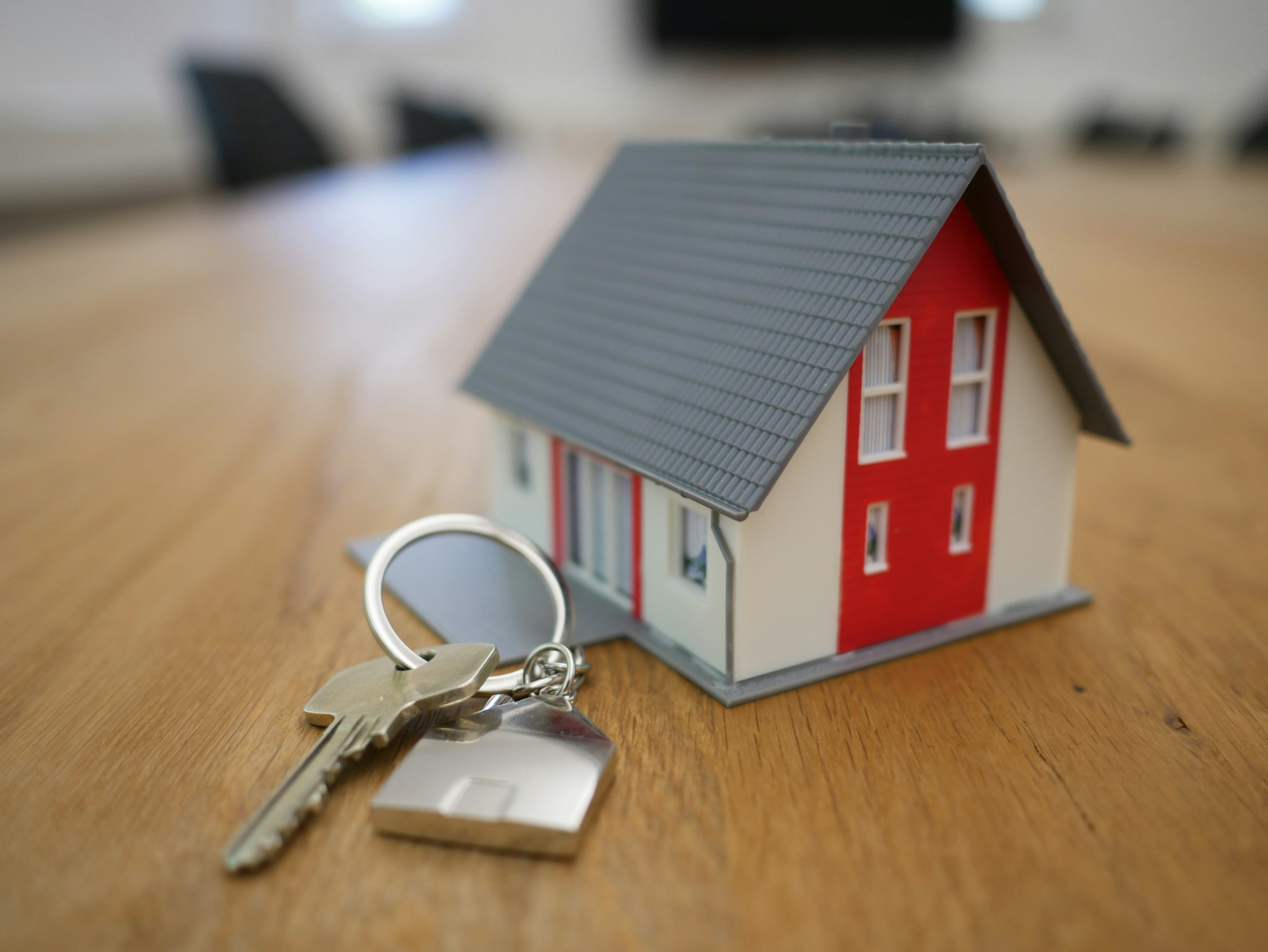Between rising rent, inflation, and subscription creep, it’s easy to feel like your paycheck disappears the moment it hits your account. For young adults in their 20s and 30s, learning how to take control of your spending is one of the most important financial skills you can build.
At St. Albert Financial Consultants (SAFC), we believe budgeting isn’t about restriction; it’s about freedom. When you know where your money is going, you can make intentional choices that support your goals.
Step 1 – Figure Out Where Your Money’s Going
The first step to any budget is awareness. Track your spending for one month and you might be surprised by the “leaks” in your finances.
Common budget busters include:
- Streaming subscriptions you rarely use
- Food delivery and takeout
- Online shopping splurges
- Bank or credit card fees
Even small expenses add up. Canceling just two $15 subscriptions frees up $360 a year.r a new phone; it’s about protecting your financial stability when life throws you a curveball.
Step 2 – Try the 50/30/20 Rule
One of the simplest budgeting strategies is the 50/30/20 rule:
- 50% → Needs (rent, groceries, utilities, transportation)
- 30% → Wants (dining out, travel, entertainment)
- 20% → Savings & debt repayment
This gives you flexibility while ensuring you’re always making progress toward savings.
Step 3 – Quick Budgeting Hacks You Can Try Today
Here’s a checklist you can put into action right away:
✅ Cancel unused subscriptions
✅ Set up a separate “fun money” account with a weekly cap
✅ Cook at home 3 nights a week to save on delivery fees
✅ Use cashback apps or points programs wisely (without overspending)
✅ Automate bill payments to avoid late fees
Step 4 – Don’t Compare Yourself to Others
It’s easy to scroll through social media and feel behind financially. But here’s the truth: many people who “look” like they’re doing well are relying on debt. Building real wealth starts with living within your means.
Budgeting doesn’t have to be complicated; but it does need to be consistent. Once you build the habit (and it takes about six months for habits to stick), you’ll start to feel more in control and less stressed.
Want help building a realistic budget? Book a consultation today. We’ll walk you through a step-by-step plan that fits your lifestyle and goals.





